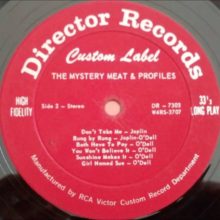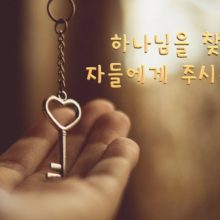What Happens When You Stop Smoking?
With over 7,000 chemicals released each time you light a cigarette it’s no surprise that smoking is one of the
00:00:05
leading causes of preventable deaths worldwide but with 1.3 billion people actively smoking what actually happens
00:00:13
when you stop smoking within the first 20 minutes of quitting your blood pressure and heart rate return to normal
00:00:19
this is because the nicotine in cigarettes released epinephrine and norepinephrine which increased your
00:00:24
heart rate and narrowed blood vessels these effects also caused smokers extremities to feel colder but by now
00:00:30
your hands and feet have returned to their normal temperature 2 hours in and the nicotine cravings begin causing
00:00:35
moodiness drowsiness tense feelings and even difficulty sleeping because nicotine also releases more dopamine
00:00:41
than normal these are expected physiological responses to the decrease in its release eight hours after
00:00:47
quitting and the inhaled carbon monoxide clears allowing oxygen levels in the bloodstream to return to normal carbon
00:00:53
monoxide and oxygen compete to bind to hemoglobin in your blood which stretches the circulatory system so as it clears
00:00:59
there’s more room for oxygen however for long-term smokers this carbon monoxide exposure causes red blood cells to
00:01:05
increase in size making the blood thicker and causing higher blood pressure and increased chances of
00:01:10
developing blood clot surprisingly 24 hours after quitting coughing will actually increase which is your body’s
00:01:16
way of clearing out all the toxins from the lungs additionally at this point the risk of developing various coronary
00:01:22
artery diseases decreases all within 24 hours after 48 hours when nicotine and its metabolites are completely
00:01:30
eliminated from your body damaged nerve endings begin to regrow the tar and other chemicals and cigarettes leave
00:01:36
fewer taste buds that are flatter with less blood vessels they now begin to regain their sensitivity making food
00:01:42
tastes better although chronic smokers may often have irreversibly damaged taste blood at the 72-hour mark nicotine
00:01:50
withdrawal peaks with headaches nausea and cramps as well as emotional symptoms like anxiety and depression these
00:01:56
symptoms can be seen by most addictive substances cluding caffeine but after this period
00:02:01
the worst is officially over after one month the risk of developing type 2 diabetes cancer and cardiovascular
00:02:08
diseases has already decreased in three to nine months the damage Celia and the lungs are almost fully repaired which
00:02:15
are hairlike structures that help sweep away dust and debris and as a result symptoms such as coughing and shortness
00:02:20
of breath are almost completely eliminated and around one year the risk of developing heart disease as a direct
00:02:26
result of at the Roma formation which are deposits of fatty material or scar tissue from deteriorating arterial walls
00:02:32
decreases by almost one-half in 10 years the chance of developing lung cancer decreases to half of someone who did not
00:02:40
quit smoking and in 15 years time the risk of heart attack decreases to the same as someone who has never smoked
00:02:46
their entire life of course this guideline is not definitive and the average amount you smoke per day or year
00:02:52
will play a role in how well your body recovers unfortunately there will always be some irreversible damage to the lungs
00:02:59
and increased susceptibility to developing various lung diseases and while quitting may be difficult the
00:03:04
benefits greatly outweigh the initial withdrawal ultimately the best way to prevent this from happening is to not
00:03:10
begin smoking at all need some extra motivation check out our videos to your lazy people which might give you the
00:03:16
boost you need to kick your habit or focus on other goals you’re hoping to accomplish ask us your burning questions
00:03:21
in the comments or on social media and subscribe for more weekly science videos every Thursday







